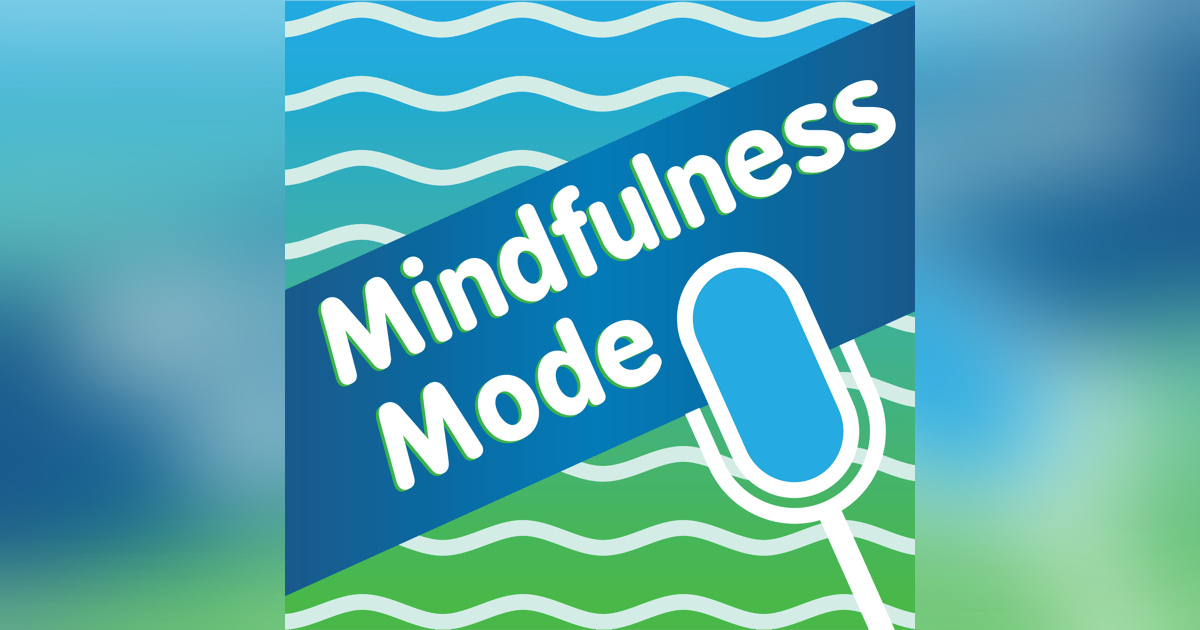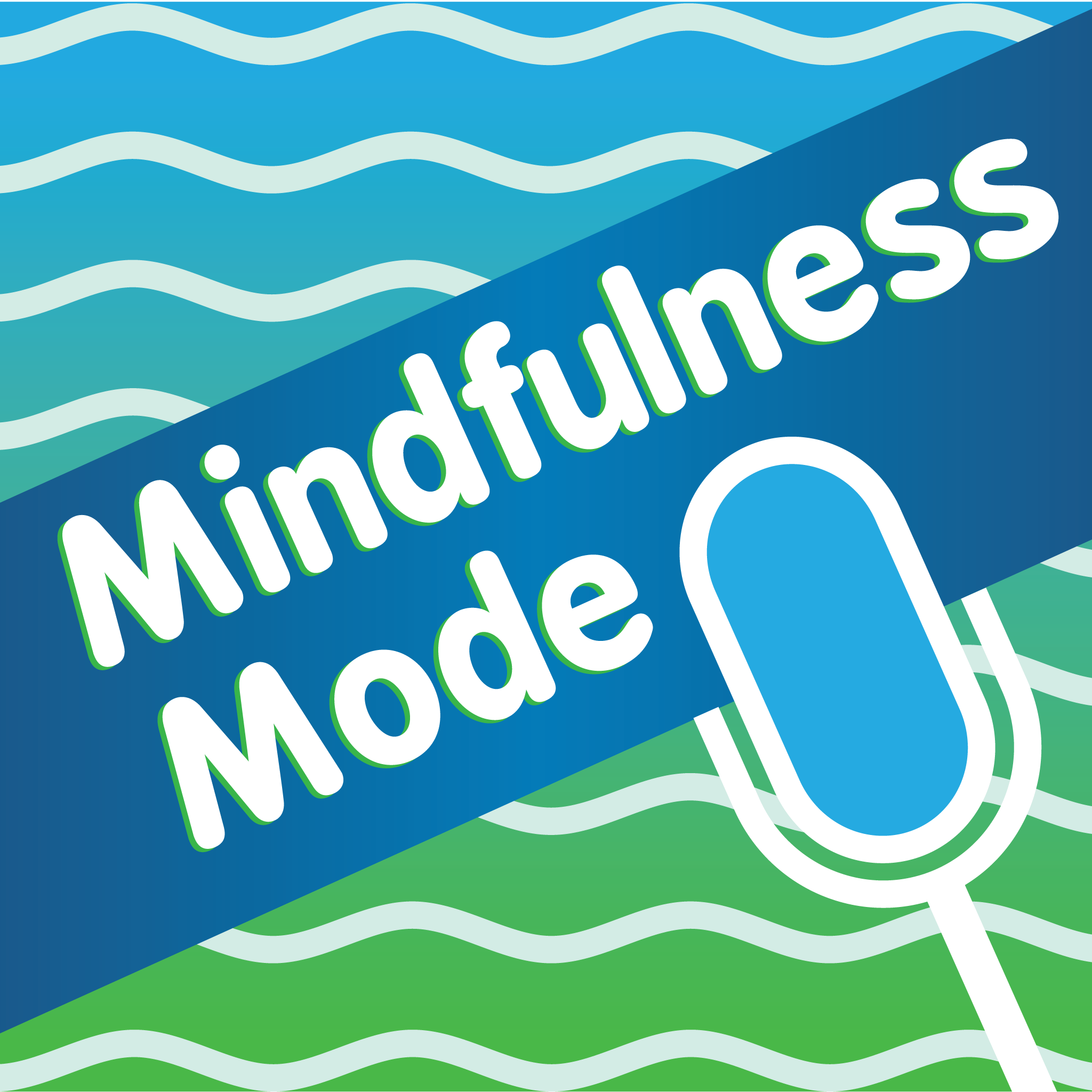March 5, 2018
301 Live Your Purpose With Author Leah Weiss

The player is loading ...

Leah Weiss, PhD. is a Stanford Business School professor. She is a corporate consultant and has worked with LinkedIn, Google, and The Omidyar Group. She is also a Harper Collins author and a public speaker, having done talks on TEDx, Intuit, Google, and LinkedIn. Leah is an expert in corporate mindfulness, compassion, and purpose. Her most recent book is "How We Work: Live Your Purpose, Reclaim Your Sanity, and Embrace the Daily Grind".
Contact Info- Website: www.LeahWeissPHD.com
- Book: How We Work: Live Your Purpose, Reclaim Your Sanity, and Embrace the Daily Grind by Leah Weiss
- Thupten Jinpa (The Dalai Lama's interpreter and Author of A Fearless Heart)
- I know them [my emotions] better and I recognize I'm in my body better. I don't always make better real time choices, but I do more often. If I slip up and react in a way that is not aligned with my values, then I can more quickly get to a good outcome.
- Many times through the day, breathing is my quick anchor.
- I notice physical sensations I'm experiencing and just breathing and noticing the patterns of the breaths.
- Sometimes I'll fall into holding my breath. I bring awareness to that and remind myself to breathe more deeply.
- Breath is an amazing, very convenient tool we have our whole life.
- Book: www.DungBeetle.org
- Book: How We Work: Live Your Purpose, Reclaim Your Sanity, and Embrace the Daily Grind by Leah Weiss
- App: Pomodoro 25 minute Timer Apps - Unitasking not monotasking. Just use any timer.
- I've definitely experienced bullying. I had a person that I worked for who had a very erratic management style and was part time on the work that I was working on full time. It was really challenging.
- When it is a good person with a good heart ... but there were a lot of situations where I felt like, as a young working mother early in my career, our conversations felt like interrogations. They were often like a one-on-one check-in that could've been an opportunity to problem solve and debrief and to get his wisdom and experience.
- I felt like I was like going into a boxing match. The topic was related to compassion research. This stuff is hard to bring into the nitty gritty, which is why I wrote this book. I feel for him, I didn't enjoy it at all at the time. It was awful and really kind of traumatizing over time, like I just was eaten alive by that job. So it was never enough and I could never be prepared.
- He was really smart and kind of sniffed out if I prepared it 'A' through 'Y' then definitely 'Z' would be the thing that would get picked up to dig into and kind of pick at. And it was challenging.
- I had to make some decisions about how I wanted to live my life and whether this was a job that I wanted to go forward in. And I tried to have direct conversations one on one about my experience of our dynamic.
- I tried bringing in HR to have a third person to try to help round out the perspective. Ultimately I didn't stay there full time. I went to a different organization. I did keep collaborating with that person. I don't feel like it was a bad person.
- It was just like someone told me a long time ago that we can have compassion for almost anybody, but we have to figure out the right distance to have it from. Maybe working for someone 40 hours a week isn't a distance I can have compassion for, but interacting once a year at an event and working on projects that we both care about but not directly, that works.
- It was a fine line and I had to do a lot of decision-making myself about what my values were and where my sort of line in the sand was. Did I want to be a spokesperson about this issue? Because I kinda suspected the next person would come in and have the same experience. You know, there's a lot of considerations to be made when we're in these kinds of situations.